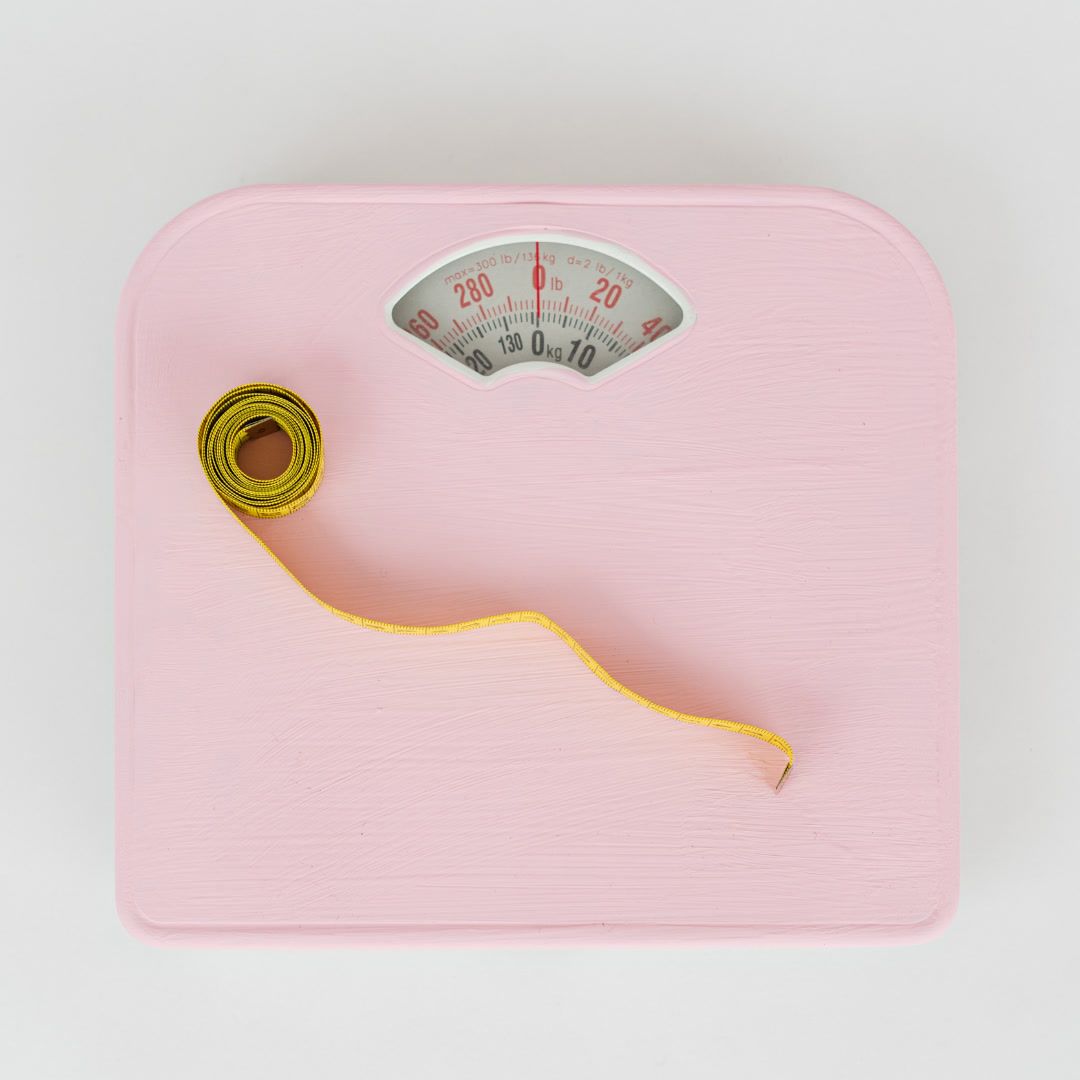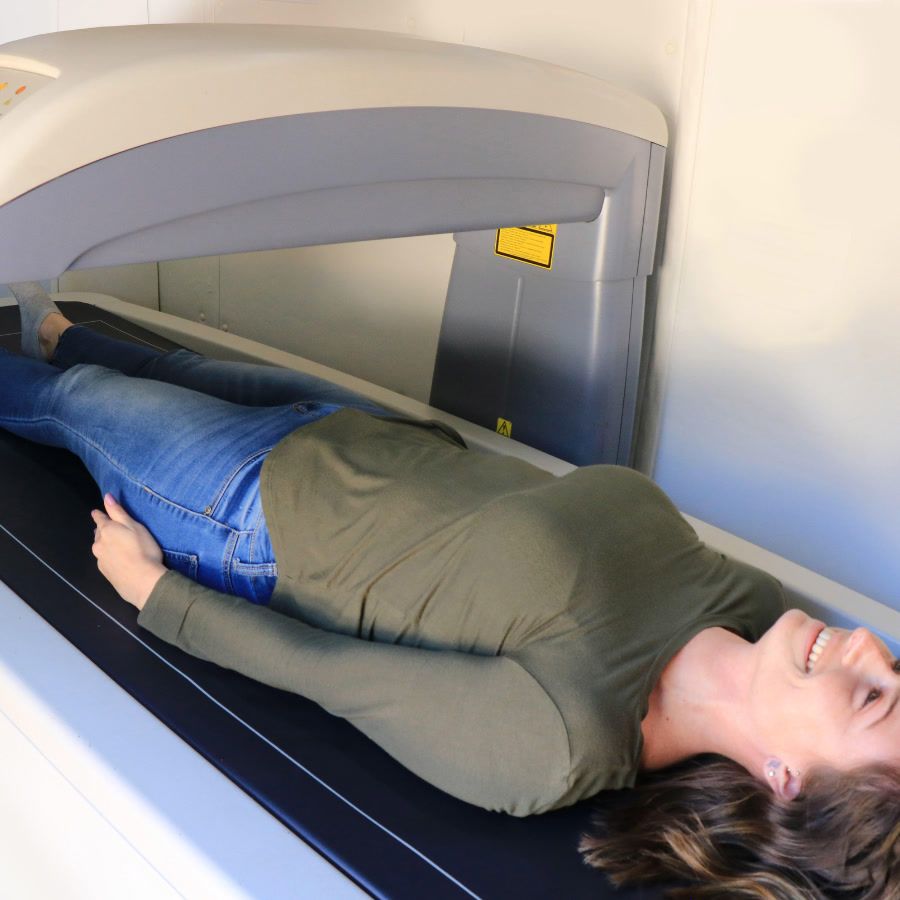Fitness and Asthma: Management Strategies

Living with Asthma and Exercise
Living with asthma may present obstacles to engaging in activities at times; however with appropriate approaches individuals with asthma can participate in exercise safely and enhance their respiratory well-being too. Asthma involves inflammation and sensitivity of the airways resulting in breathing difficulties. Nonetheless maintaining a routine of exercise is vital, for general well-being as it can enhance lung capacity and boost stamina. Below are some suggestions to effectively handle asthma while remaining physically active.
Identify Your Triggers
It's crucial to identify the factors that trigger your asthma as they differ among individuals and could range from pollen and chilly air to physical activities like exercise types. Understanding your asthma triggers empowers you to steer clear of these circumstances or make preparations accordingly. For example; in cases where cold air acts as a trigger for your asthma episodes; wrapping a scarf around your mouth and nose can assist in warming up the air before it reaches your lungs.

Consult Your Doctor
Prior to beginning any workout regimen ensure to speak with your doctor for personalized guidance and possibly consider using your inhaler before physical activity as a precautionary measure against symptoms arising during exercise and remember to have it on hand during your workout session just in case you require it.
Warm Up
It's essential for people with asthma to warm up before exercising to get their bodies ready for the workout and lower the chances of experiencing asthma symptoms during physical activity starting with gentle movements and gradually increasing intensity to prep the heart and lungs effectively for more intense exercises ahead.
Choose Suitable Activities
Selecting the kind of physical activity is crucial as well. Engaging in exercises that require bursts of energy such as walking or cycling is generally more manageable for people with asthma. Swimming stands out as a choice due to the lung-friendly warm and humid air environment it provides. Nevertheless it's essential to remember that everyone has preferences and needs when it comes to physical activity; thus finding what you genuinely enjoy and find comfortable is key.
Listen to Your Body
Take it easy when you work out by listening to your body and resting as necessary. It's best to begin at a pace and then slowly ramp up the intensity and length of your workouts as you get fitter. As time goes on, consistent exercise can enhance lung capacity. Boost your endurance for physical activities.
Stay Hydrated
Ensuring you stay hydrated is key when dealing with asthma while working out – dehydration can make it tougher to catch your breath! Remember to sip on water before hitting the gym or going for a run and keep the hydration going post exercise – this is crucial especially in hot or dry weather conditions.
Monitor Your Environment
Keeping an eye on the surroundings in which you work out can also assist in controlling asthma symptoms. If pollen or pollution levels are elevated outside it's worth considering exercise options instead. Numerous fitness centers provide climate-controlled settings that may be gentler for people with asthma. For those who enjoy workouts it may be wise to choose times when air quality is optimal, like early mornings or evenings.
Cool Down
After your workout is done and dusted it's important to give your body a chance to cool down and ease back into a state gradually – this can help steer clear of any sudden heart rate decreases and lessen the chances of experiencing asthma symptoms cropping up unexpectedly. Stretch out those muscles and take some deep breaths; it can really work wonders during this cooldown period.
Conclusion
By using these approaches mentioned above in the text detector field you can take part in activities without any worries if you have asthma; and relish the numerous advantages it offers to people with this condition like improving heart health and mood uplifts while ensuring overall betterment of well-being for oneself by being physically fit and active.


